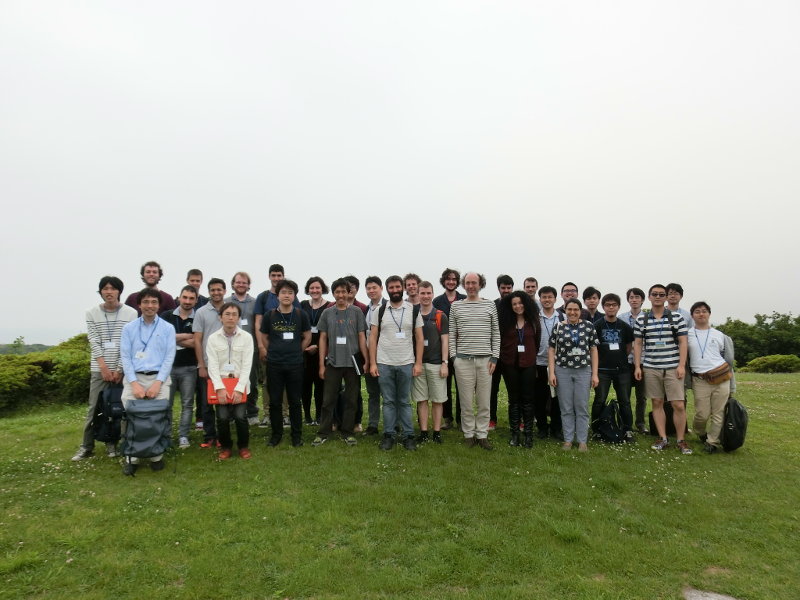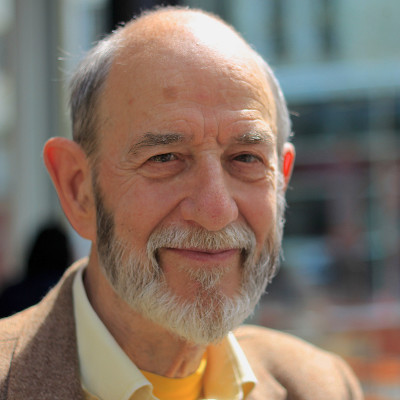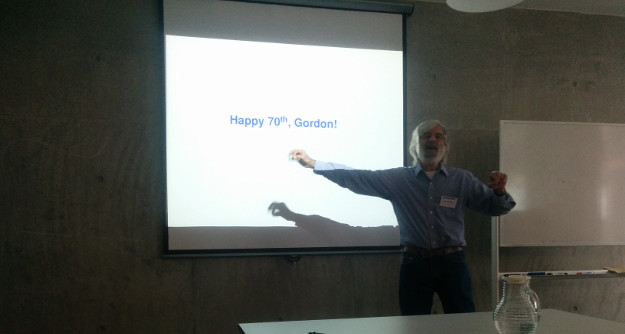Bootstrapping Caml with Format

The OCaml programming language embodies a variety of languages: a core functional language, an object-oriented language, a module language, and a formatting language. As with any self-respecting compiler, the OCaml compiler is capable of bootstrapping itself, i.e. the compiler is capable of compiling its own source. A typical user of OCaml need not worry about bootstrapping, unless, you happen to be developing the OCaml compiler. Recently, the formatting language and the bootstrap process made me scratch my head — multiple times.
Though, first a bit of background: I am currently at OCaml Labs in Cambridge working with Leo White, KC Sivaramakrishnan, Stephen Dolan, and Anil Madhavapeddy on effect typing for Multicore OCaml. This work is based on previous work by White et al. [1]. The main goal of this work is to switch from nominal effects to structural effects. The motivation for this is worth its own post (in other words I will write about this in a future post). However, to kick things off I began by rebasing Leo's previous work on top of the Multicore OCaml master branch. Read more.



